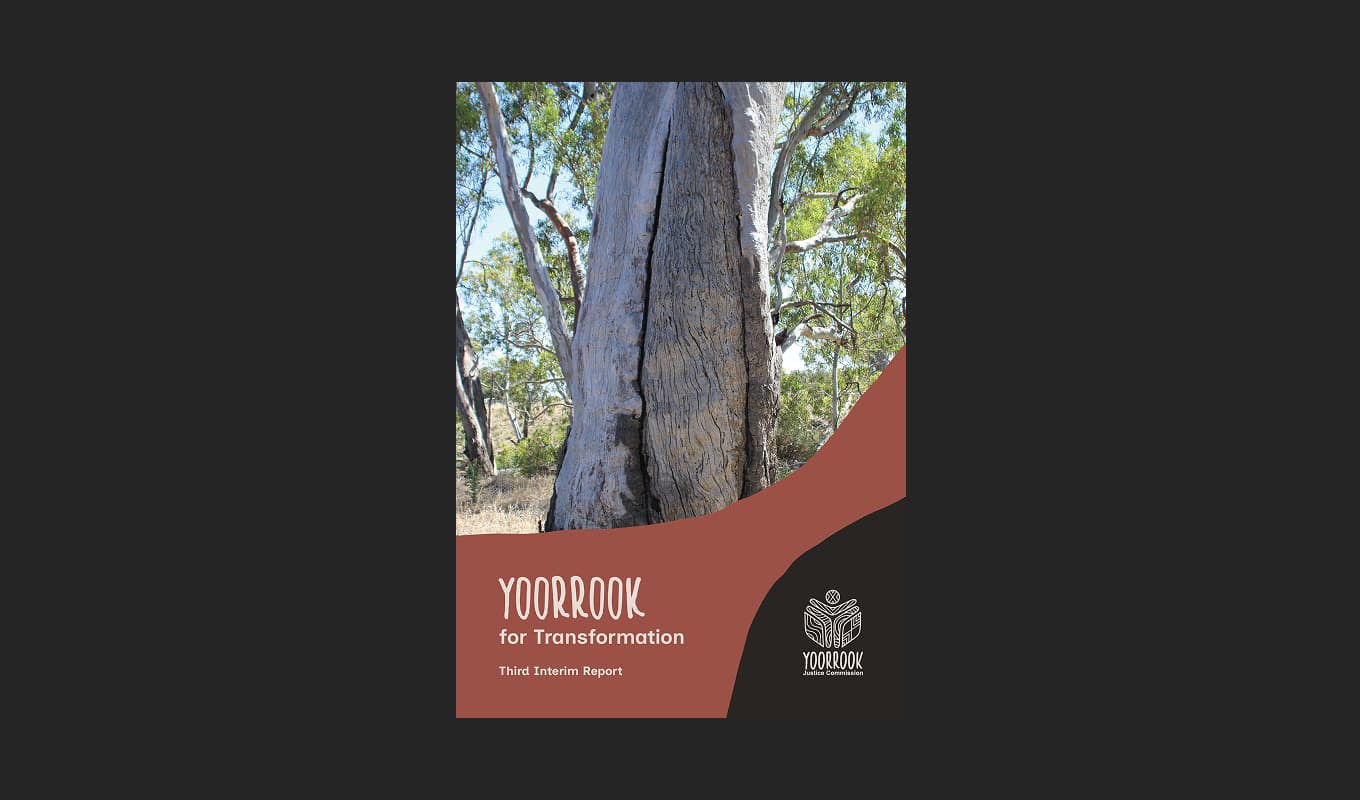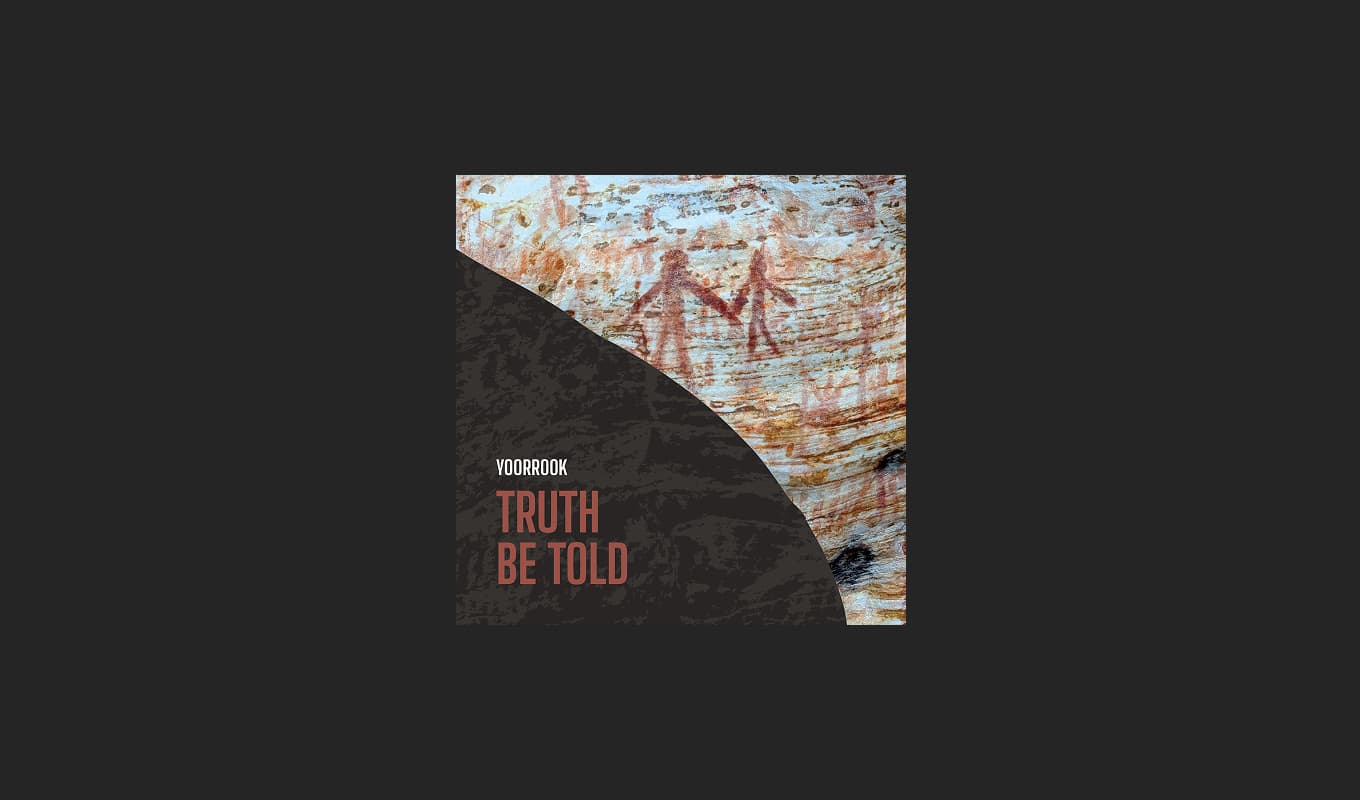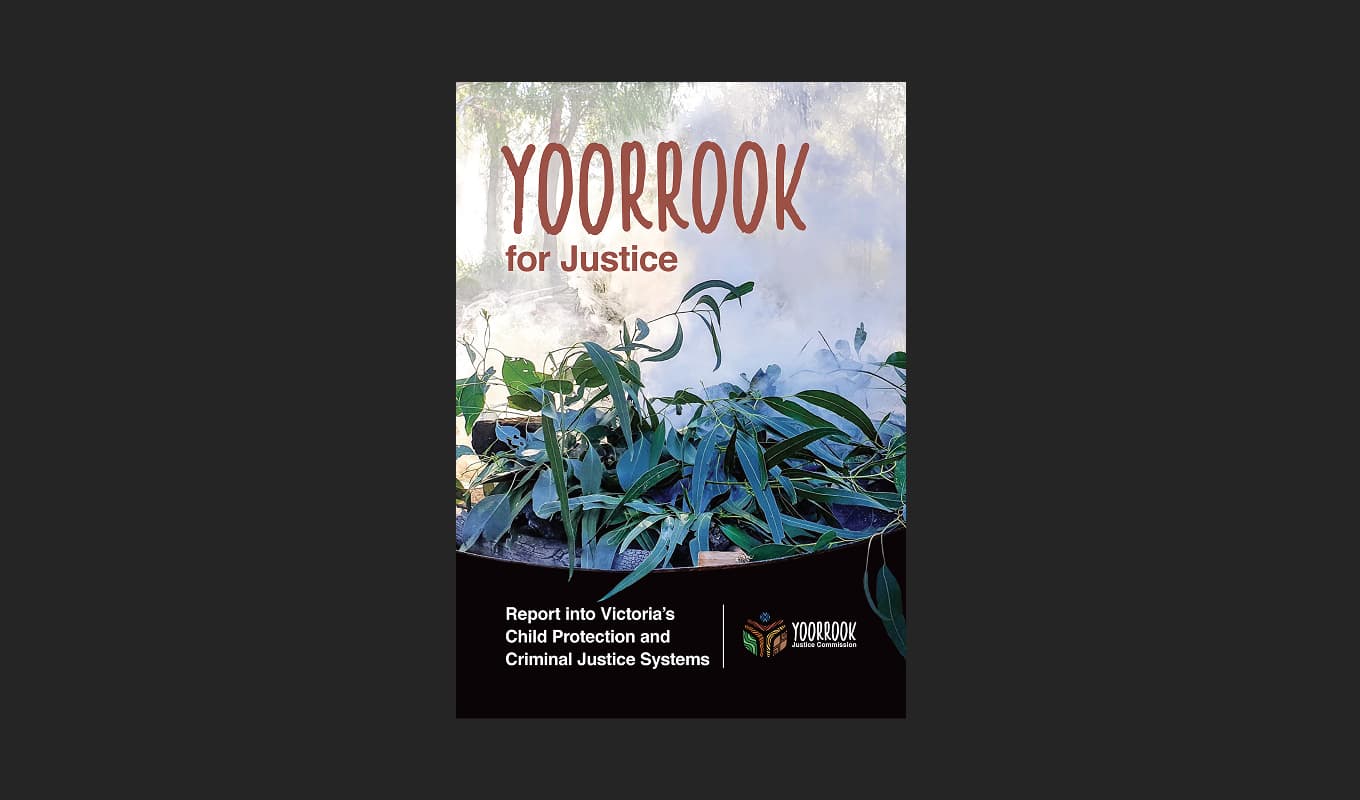Johanne Walker
Johanne Walker reflects on learning about the devastating impacts of Victoria's colonisation on First Peoples over the past 15 years. They criticise the lack of comprehensive education on First Nations history in their schooling and advocate for continuing the treaty and truth-telling process, improving consultation with First Nations people, and embedding Aboriginal studies into school curricula.
Submission Transcription
Only in the past 15 years or so have I come to learn about the extent of the effects of colonization of Victoria’s First Peoples. I’ve endeavoured to educate and enlighten myself on such issues by taking up opportunities for online learning and face-to-face learning, as well as expanding my on-topic reading of historical and contemporary literature. I’ve come to understand a great deal more about the early practices of clearing the land of aboriginal people, especially when areas such as the Western district were being developed. During the 19th century there were literal land rushes throughout Australia, with massacres often the preferred method of solving the aboriginal ‘problem’. All too often, the colonizers were never brought to justice. Aboriginal people were forced off their traditional land, forbidden to speak their languages and forbidden to practice their tradition ways. To this end, aboriginal people were stripped of their culture and identity and told overtly and covertly that they were inferior to the colonizers. Remaining aboriginal people were generally placed in government settlements where there was some protection and provision, even if their lives were incredibly regulated. When the settlements were being dismantled in the 60s & 70s, aboriginal people lost the daily support of the authorities, the routine of settlement life and the closeness of the other families. Once again, their lives were drastically disrupted and families were often sent to live in country towns, often as a single-family group. They were expected to assimilate into the, all too often unwelcoming, existing community, as described in ‘Black Swan: A Koorie Woman’s Life’ by Eileen Harrison and Carolyn Landon. Again, a recipe for disenfranchisement and inevitable failure. Such experiences ripple down the generations, significantly effecting younger family members. I have also learnt that South Africa’s apartheid laws were based on Australia’s discrimination and segregation polices of the early 1900s, which I find quite shocking. Discrimination is still occurring and political promises towards our First Nations people are not being kept. One only needs to consider the recent Voice referendum result and the blatant racism and misinformation that arose from the process. Victoria, sadly, is now the only State pursuing a treaty with its First Nations people. Australia has a long way to go to acknowledge its true past and become the wholly inclusive country it purports to be. I am truly saddened to think that it may never achieve this.
I am in my 70s and was born and grew up in Australia and have English and Scottish heritage. While at school in the late 50s and 60s, I cannot remember being taught much at all about First Nations Peoples. I remember being taught that traditional aborigines lived in humpies, that they were fond of eating witchetty grubs and that the children smiled a lot and were happy, but that’s about all, so no, not a comprehensive education regarding our First Peoples. Aboriginal people were lumped together as one homogenous people and I feel that what was taught focused on the traditional, pre-colonial, hunter gatherer lifestyle of our First Peoples. There was certainly no recognition of what was, very much later, highlighted in books such as Dark Emu by Bruce Pascoe. In my childhood, our family often explored Victoria by caravan during the school holidays. I remember going past the entrance to the Lake Tyers Aboriginal Settlement in Gippsland as well as seeing rough huts along the Murray River. Our father told us, in both instances, that this was where aboriginal people lived and although he did not impart any overt racist sentiments, rather they were more feelings of pity, it was very much a them and us situation, where the government of the day was taking care of Victoria’s First Peoples and there was no need for any kind of concern. Apart from that, our lives were preoccupied by our very much Anglo-based lifestyles. First Nations people just didn’t feature.
There are many current positive initiatives to promote a better understanding of and respect for First Nations people. Some further suggestions: Continue the treaty and truth telling process. Improve and facilitate consultation and partnerships with First Nations people. Embed aboriginal studies into school curricula (although I’m not ‘au fait’ with current practice). Encourage and support bodies such as Kinaway Chamber of Commerce. Facilitate promotion/awareness/education of First Nations traditions and beneficial practices, such as fire risk management and other conservation measures.
Engage with the work of the Yoorrook Justice Commission. Become educated about relevant facts, such as historical facts and First Peoples’ traditional practices. Have respectful conversations with friends, family and others. Take up opportunities to engage with First Nations people. Learn and use traditional place names. Continue to pay respect to First Nations people at public meetings.
Engage with the work of the Yoorrook Justice Commission. Become educated about relevant facts, such as historical facts and First Peoples’ traditional practices. Have respectful conversations with friends, family and others. Take up opportunities to engage with First Nations people. Learn and use traditional place names. Continue to pay respect to First Nations people at public meetings.
Truth-teller consent
Contact us about this submission
Contact us if you’d like to discuss this submission.
Similar submissions
Explore submissions from other witnesses that discuss similar topics.
Mary Hassall
This submission is from Mary Hassall, a descendant of James Hassall, after whom the Hassall creek on Gunditj Country is named. It discusses her resear... more
Viki Sinclair (Fowler)
Viki Sinclair is a direct descendant of one of the original settlers of Gippsland, Colin McLaren. In this submission, she tells her personal story of... more
The Thomson Family Descendants
Some of the Thomson family descendants make this submission in hope that, it assists to establish the truth of impact on First Nations by early settle... more
Gayle Carr
Gayle Carr makes this submission on behalf of herself, Kathryn Williamson and the late Diana Halmarick. It outlines the range of historic reference ma... more
Reports and Recommendations
Read the official reports and recommendations of the Yoorrook Justice Commission.

Yoorrook for Transformation
Third Interim Report: A five-volume comprehensive reform report presenting evidence and findings on systemic injustices, and specific recommendations for meaningful change to transform the future.

Truth Be Told
An official public record that documents First Peoples experiences since colonisation, preserves crucial testimonies for future generations and creates an enduring resource for education and understanding.

Recommendations for change
Yoorrook Justice Commission’s recommendations for truth-telling, justice, and systemic reform in Victoria.
